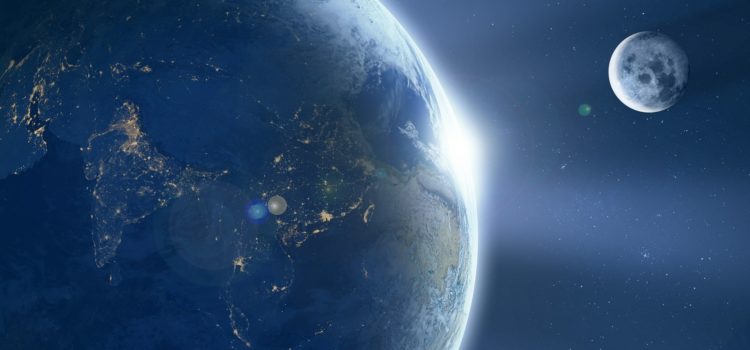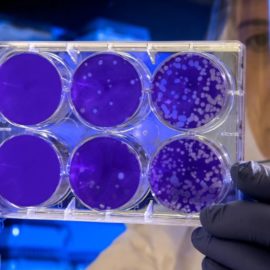

This article is an excerpt from the Shortform book guide to "The Selfish Gene" by Richard Dawkins. Shortform has the world's best summaries and analyses of books you should be reading.
Like this article? Sign up for a free trial here .
Why does life exist on Earth? What is Richard Dawkins’ perspective on the philosophical question about the purpose of life?
According to Richard Dawkins, the purpose of life is to survive. So, why does life exist on Earth, or anywhere? In The Selfish Gene, the goal is to keep replicating genes and ensuring their survival.
Read on for the answer to the following question: why does life exist on Earth?
Why Does Life Exist on Earth?
The purpose of life is one of the greatest philosophical questions in the world, but the answer to “why does life exist on Earth” is quite simple. According to Richard Dawkins, the purpose of life is to replicate itself. In biological terms, selfish and altruistic acts only refer to whether they will help a creature achieve that purpose, or help others to achieve it at some cost to the creature performing the act. There’s no relation to the more common definitions of the words, which are based on psychology rather than biology.
Selfishness and altruism both have roots in biology and evolution. Several famous and influential books, such as Robert Ardrey’s The Social Contract and Konrad Lorenz’s On Aggression, have already explored selfishness and altruism in nature. However, those books are fatally flawed because the authors misunderstood the point of evolution. Ardrey, Lorenz, and others thought that evolution existed for the good of the entire species. However, the common belief among biologists today is that evolution is about the survival of the individual.
But, you get a different answer if you ask the author of The Selfish Gene, “why does life exist on Earth?” According to Richard Dawkins, the purpose of life is about survival of genes (regardless of the organism that is the vehicle for those genes).
(Shortform note: The terminology is a bit confusing here, since evolution works on the population level and not the individual level. However, as a population evolves, each individual in it has a better chance to survive and pass on its genes.)
“The good of the species” is a common misconception. It comes about because most of an animal’s life is devoted to reproduction, and most of the selfless acts an animal performs are for its offspring. Therefore, it seems like creatures act as they do in order to continue the species.
Furthermore, by slightly twisting Darwin’s theory of evolution, a logical—but wrong—conclusion can be drawn: If only the fittest animals survive and reproduce, that strengthens the species as a whole. Thus everything creatures do, including competing with each other, has the ultimate goal of continuing the species. This is the theory of group selection.
However, group selection can’t be right because of a simple truth of nature: Even in altruistic groups, selfish individuals will have an advantage. They’ll outcompete the altruistic ones, and reproduce until the population is overrun with selfish individuals. If left unchecked, this would eventually cause the whole population to collapse.
Actually, the spread of selfish individuals probably wouldn’t get that far; as we’ll explain later with the concept of Evolutionarily Stable Strategies, the population would eventually reach an equilibrium where further shifts toward selfishness or altruism would be disadvantageous, so they’d naturally balance themselves out.
However, the point is that creatures’ ultimate goal can’t be the survival of the species as a whole, or such selfish behaviors wouldn’t exist in nature. So, why does life exist on Earth? The truth is that nature is fiercely competitive, with members of the same population having to fight each other for limited resources—and, therefore, for survival. This is called natural selection: Organisms who are fit enough to survive and reproduce in their environments will be the ones to pass on their genes to the next generation.
Why does life exist on Earth? In summary, while continuing the species may be a consequence of competition and reproduction, it’s not why animals do those things.

———End of Preview———
Like what you just read? Read the rest of the world's best book summary and analysis of Richard Dawkins's "The Selfish Gene" at Shortform .
Here's what you'll find in our full The Selfish Gene summary :
- Why organisms don't matter, only genes do
- How all life forms begin with a replicating molecule
- How species need to balance aggression and pacifism to survive






